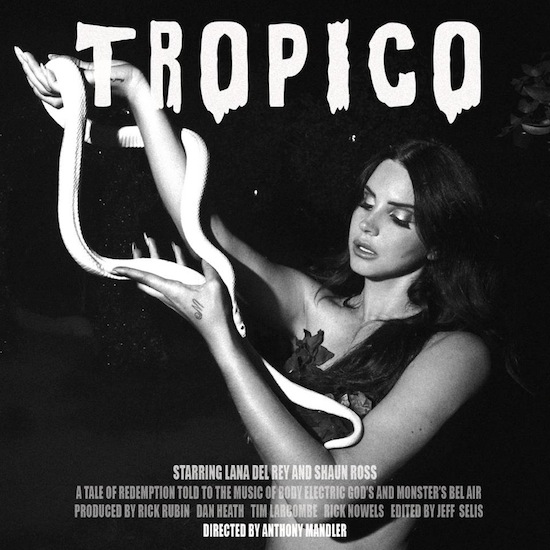Jack Hirschman‘s 80th birthday today!
From an (undated) interview on American Legends
Interviewer: Of the early Beats, Allen Ginsberg is the one you’re most closely identified with.
Jack Hirschman: I was in touch with Allen early on for a bunch of reasons. When I was a professor [Hirschman was a Student Teaching Assistant at Indiana University, 1955-59, Instructor at Dartmouth College, 1959-61, and Assistant Professor of English at UCLA 1961-1966, before being fired, in 1966, for alleged “activities aganst the state”, at the height of the Vietnam War], I translated a book of Vladimir Mayakovsky, the Futurist poet. This was done in collaboration with Victor Erlich. I showed the book to Allen. He was very moved and impressed because he identified with Mayakovsky too. We became friends by letter, then he came to visit, I was in the university at that time which was really part of the corporate world. When I came into the street, I read with Allen two or three times in Los Angeles. Later we read together with poets around here (San Francisco).
and, in an interview with Marco Nieli in Left Curve, [sadly, no longer available in line], , he continues:
In those days, a rather rhyme-y, clanky translation of Mayakovsky by Herbert Marshall was the only text available. But Mayakovsky, the first street poet of the century, caught my attention, also because of his relation to the Bolshevik Revolution and because Ginsberg’s“Howl” had evoked something of Mayakovsky’s journalistic notation. So, before I had learned Russian (which was to come eighteen years later) I had Victor Erlich, a friend at the time in Indiana, give me the translations of the texts and I wrote Mayakovsky into American in free verse form. And it was that translation (though I’d written a short praise poem to Allen after “Howl”‘s publication) that actually began my friendship with Ginsberg, when I brought the text to New York in the late ‘(19)50s”.
From the American Legends interview:
“Of the Beats, Allen Ginsberg and Lawrence Ferlinghetti were the ones who were really progressive. Even today Lawrence still carries on and tries to provoke. It’s quite amazing.”
[On his avowed Communism] – “How can Marxism not influence us today? How many kids don’t have healthcare, and the government is making war largely to secure oil routes. If that is not the reason to change the way money is distributed in the society, I don’t know what is.”
Here’s Jack Hirschman, introduced by Jerry Cimino, at the opening of San Francisco’s Beat Museum
“It’s great to be here. There’s no doubt whatever – the journey I’ve taken in my own life, identites with political dimensions, in a very direct way – that the Beat movement has been part of my adult life – and I would not say an unimportant part, in relation to some of the poets that have been connected with it.”
Here‘s Jack, explaining his relation to the Beats (in Italian) to an Italian interlocutor
City Lights this past Wednesday hosted a Jack Hirschman Birthday Celebration
City Lights published Front Lines (Pocket Poets Number 55), his Selected Poems, (and, more recently, in 2008, All That’s Left)
The Arcanes, Jack Hirschman’s one-thousand-page magnum opus, published in 2006, is available here
Jack is, it has to be said, (and may he continue to be), gloriously prolific, the author of over one hundred volumes (of poetry, prose, anthology, and translation).

So Kill Your Darlings, the Daniel Radcliffe “Beat” vehicle successfully opened it’s run in the UK. More press. Here’s Peter Bradshaw’s review in The Guardian.
Here’s Mark Kermode in The Observer.
Here’s Jenny McCartney in The Telegraph
Here’s Nigel Andrews in The Financial Times.
John Krokidas, the director, talks to The Economist here and to HeyUGuys.
Dane DeHaan and Daniel Radcliffe talking to HeyUGuys is here.

So the Lana del Rey/Anthony Mandler “Tropico” film that we mentioned last week, has, it turns out, a little more of Allen’s “Howl” in it than just the opening line. Moody posturing, arty titillation, chic [sic] violence. Portentous declamation. A group of businessmen order a bunch of strippers for “Jack” [sic]’s birthday, but get, shockingly, held-up at gunpoint instead – “with dreams, with drugs, with waking nightmares” – Heterosexual fantasies – will this bring in a whole new generation to the poem?
Sherill Tippins‘ exhaustively-researched Inside The Dream Palace (The Life And Times of New York’s Legendary Chelsea Hotel) has just been published. Allen is, of course, of necessity, all over it. One representative charming little anecdote from its facts-filled pages:
Stella Waitzkin, a part time Abstract Expressionist and housewife from Riverdale, divorced her salesman husband to live the bohemian life at the Chelsea, inviting such creative friends as (Willem) de Kooning, (Gregory) Corso, (Allen) Ginsberg, Larry Rivers,and evenArthur Miller to share drinks and conversation in her spacious fourth-floor suite. Waitzkin..turned her Chelsea home into an artwork in progress, covering the walls with shelves full of faux books made of resin cooked up in the hotel basement…It was the perfect environment for pot-fueled, poetry-and-art-filled evenings, such as the one in which she dreamily informed Ginsberg that “words are no longer sufficient to say what needs to be said”, that “only images will work now”, just as one of the young guests suddenly looked ill, and Ginsberg, wanting to spare Stella’s floor, held out his backpack full of handwritten poems for the girl to throw up into..”
Eulogies, nostalgia. Excess. It’s a very very different Chelsea Hotel today.
Next Tuesday (December 17), on BBC’s Radio 4, Allen is the focus of the “Great Lives” series (a “biography series exploring the greatest people who ever lived” !). Matthew Parris is the compere, Michael Horovitz is the nominator, Barry Miles will also be on hand to provide “biographical detail”


Jack Hirschman interviews John Cage in LA in 1963! – https://archive.org/details/CageinLA